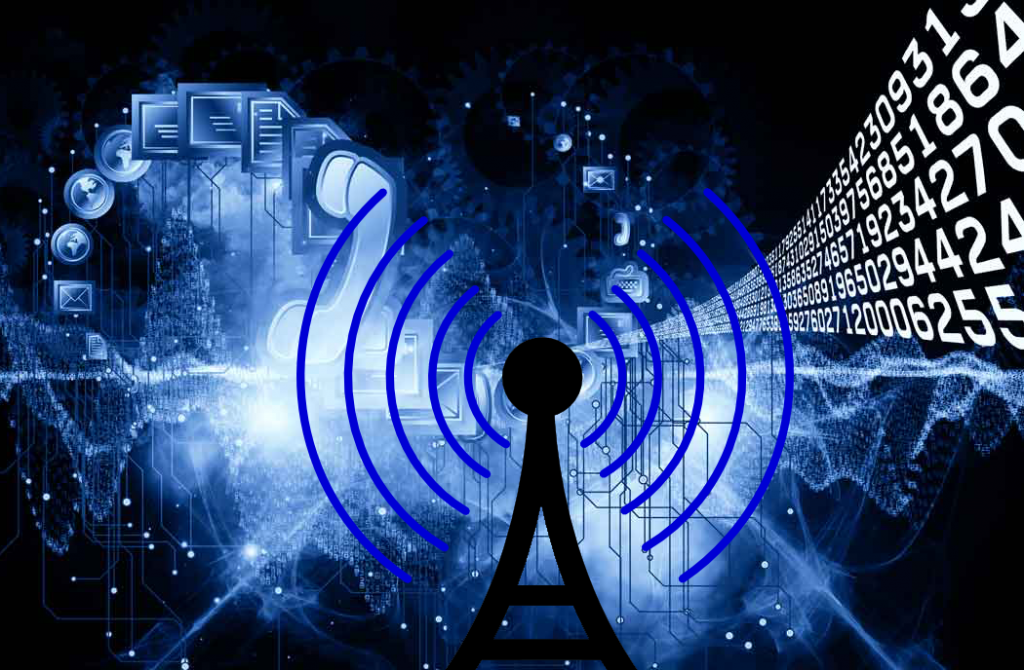 Smartphone age forces telecom enterprises to be smarter
Smartphone age forces telecom enterprises to be smarter
Technology is part and parcel of an individual’s life in today’s scenario. The growth and expansion of Smartphone market best exhibit our dependence on technology. We get up in the morning only to switch on our Smartphones and check the updates on our social networking profiles. No doubt, “the phone” aspect of our cell phones has amalgamated with its gizmo part. We no longer look forward to the launch of the latest mobile gadget simply because we are in the need of a phone. On the contrary, we crave for a device that opens the door to a world full of entertainment and unlimited fun. This is the reason the exorbitant use of data has compelled telecom service providers to devise new strategies for meeting the demands of the customers.
One cannot deny that the development of Smartphones has put an end to the inattentiveness of operators who thought that their job responsibilities were over once the installation of a telephone line was complete. At present, an operator needs to offer a comprehensive assortment of services to prove his efficiency to the customers. As a result, telecom billing companies have realized and accepted that the conventional business support systems are no longer sufficient to sustain the requirements of their business. The inability of these systems to distinguish between the types of services compels enterprises to look for advanced telecom billing systems.
How converging various services into a single system helps?
In today’s scenario, most businesses offer both postpaid as well as prepaid services. However, the customers are charged differently for both these services. Not only does this cause inconvenience to the customers, but also to the business owners who need bill the customers accordingly. Well, you can easily combat such problems by implementing a convergent billing system.
The system easily integrates the charges for a variety of services into a single billing platform. Therefore, a customer can look forward to a single comprehensive invoice at the end of the billing cycle. Moreover, telecom enterprises are also able to avoid the useless labor that is needed while billing separately for different services. This implies that you can not only avoid the duplication of work completely, but can also manage many systems simultaneously. To cut the long story short, the system also encourages cost savings which is essential in a competitive world. Apart from all this, the convergence of all types of billing requirements in a distinct place helps in decreasing the time-to-market.
What should a telecom company look for in a billing solution?
Billing forms a significant component of every telecom business irrespective of its area of specialization. At the end of the day, no company can operate in the absence of billing solutions because they help in creating economic value for a business. In general, telecommunication billing refers to an assortment of services responsible for the collection of data, calculation of charges as well as billing information, production of bills, processing of payments as well as management of debt collection. The system supports billing procedure for telecom industry.
When it comes to the analysis of the features of a telecom billing system, one must understand that it needs to be a comprehensive arrangement that includes several independent applications.
The major characteristics of a flexible system of billing are:
• Management of orders: Every business receives a plethora of orders, especially in today’s competitive environment. Billing is one of the elementary functionalities that are needed as part of every service platform. The system must possess the ability to capture service and product order. In addition, the management of complete order life cycle right from the time of order entry to the dispatch of products is inevitable for the platform.
• Marketing and sales: A useful billing platform offers satisfactory answers to the queries of a customer, acts as support for the sales team, keeps a track of the prospects, analyses the performance of products and even ensures the overall management of campaigns.
• Invoicing: A billing solution needs to fulfill the requirements associated with billing inquiry, generation of bills, processing of deposits, and administration of accounts, maintenance of fee information and tax as well as management of financial information.
• Interface between a company and its customers: A platform that offers billing services to an organization must also be capable of rectifying the complaints of its customers. This includes handling of contacts initiated through customers, management of contact life cycle as well as supervision of outbound customer contact.
Besides all this, an effective billing system should:
o Enable the reduction of time-to-market for new products.
o Convergence of products and associated customers.
o Encourages flexibility and economical work architecture.
o Decrease operational expenditure.
We live in a world where no organization can operate without contact center solutions that are critical to customer service. Telecom is an industry where a customer can utilize more than one service at the same time. Therefore, the importance of billing further increases.

